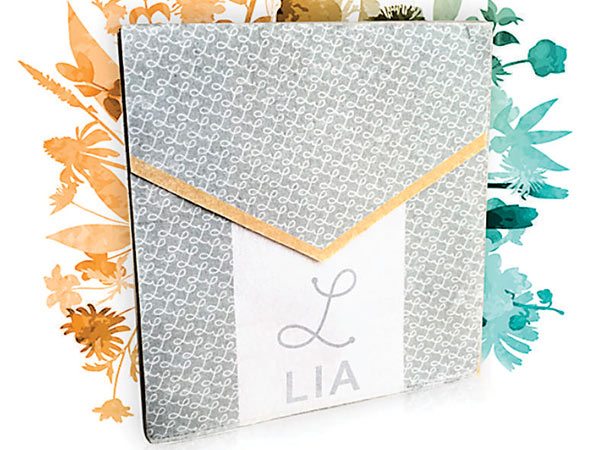By Joel Wee
The Philadelphia Inquirer.
It’s a pregnancy test that is biodegradable and can be flushed down the toilet.
Bethany Edwards, CEO and co-founder of LIA Diagnostics, hopes her credit-card-sized device will become a force in the vast pregnancy home test market, and be ready for sale online by the end of 2016.
“Pregnancy test kits are one-time use and made of plastic so they aren’t environmentally-friendly,” said Edwards, 30. “There’s also no privacy in the current test kits as they can easily be discovered in the trash.”
Her Philadelphia company has been getting noticed. In January, LIA Diagnostics was one of 12 firms selected for the DreamIt Ventures’ accelerator program, which invests in companies. In May the firm won $15,000 in U.S. Small Business Administration’s InnovateHER: 2015 Innovating for Women Business Challenge.
And on June 3, LIA won $2,500 at the 2015 SOURCE Forum: Healthcare in Philadelphia Pitchfest. There were three categories: peer-selected by fellow entrepreneurs, by Investors’ Circles and by the audience — with $1,000 per category. LIA won the first two and tied for first in the last one.
LIA “had the best pitch and idea because the product is simple yet ‘disruptive,'” said John Moore, a pitchfest judge and president of Investors’ Circle Philadelphia. “It changes the status quo and is unlike what’s available in the market.”
LIA, which has four founders including Anna Couturier and Frances DiMare, faces huge odds in the $228 million pregnancy home test category where Proctor & Gamble holds a 25 percent share.
Edwards came up with the idea of an easily-disposable, environmentally-friendly pregnancy test kit for her final project at the University of Pennsylvania where she obtained her Master’s in integrated product design in 2014.
Sarah Rottenberg, Edwards’ faculty advisor, liked the idea so much she joined LIA as co-founder. “It’s a meaningful innovation in a stagnant category. I strongly believe that women should be empowered to design products for women,” she said.
Edwards has already completed alpha testing — the product is fully functional — and is molding a beta prototype to comply with FDA standards.
She hopes to get FDA approval next year. She may start a crowd-funding campaign on Indiegogo to further fund the project.
The kit, now named LIA — a wordplay on lateral immunoassay — will work similarly to kits on the market and have the same error rate. Pregnancy test kits detect the presence of human chorionic gonadotropin (hCG), a hormone, in urine. The hormone is produced after a fertilized egg attaches itself to the wall of a woman’s uterus.
Kits take two to five minutes to show results — LIA will be no different.
Dr. Abigail Wolf, director of resident education in obstetrics and gynecology at Thomas Jefferson University, praised the idea and said she could see young women using it once it hits the market.
“LIA’s kit will address the privacy issue, which young women are concerned about. In current test kits, we have to worry about disposing of the box too because those tend to be large and then there’s the issue of plastic not being good for the environment,” Wolf said. But “I would need to see some test results before recommending them to anyone.”
Edwards is planning to price LIA from $8 to $10. Kits on the market now cost from $5 to $24.
The cheapest option for home tests are test strips. Each can cost as low as 50 cents. A woman urinates into a small cup and dips the strip into the urine, with retailers claiming 99 percent accuracy.
“Cost of going into retail is high so we will start online first and with partners,” Edwards said. “Then we’ll see how we can branch into retail.”

















































































































































































































































































































































































